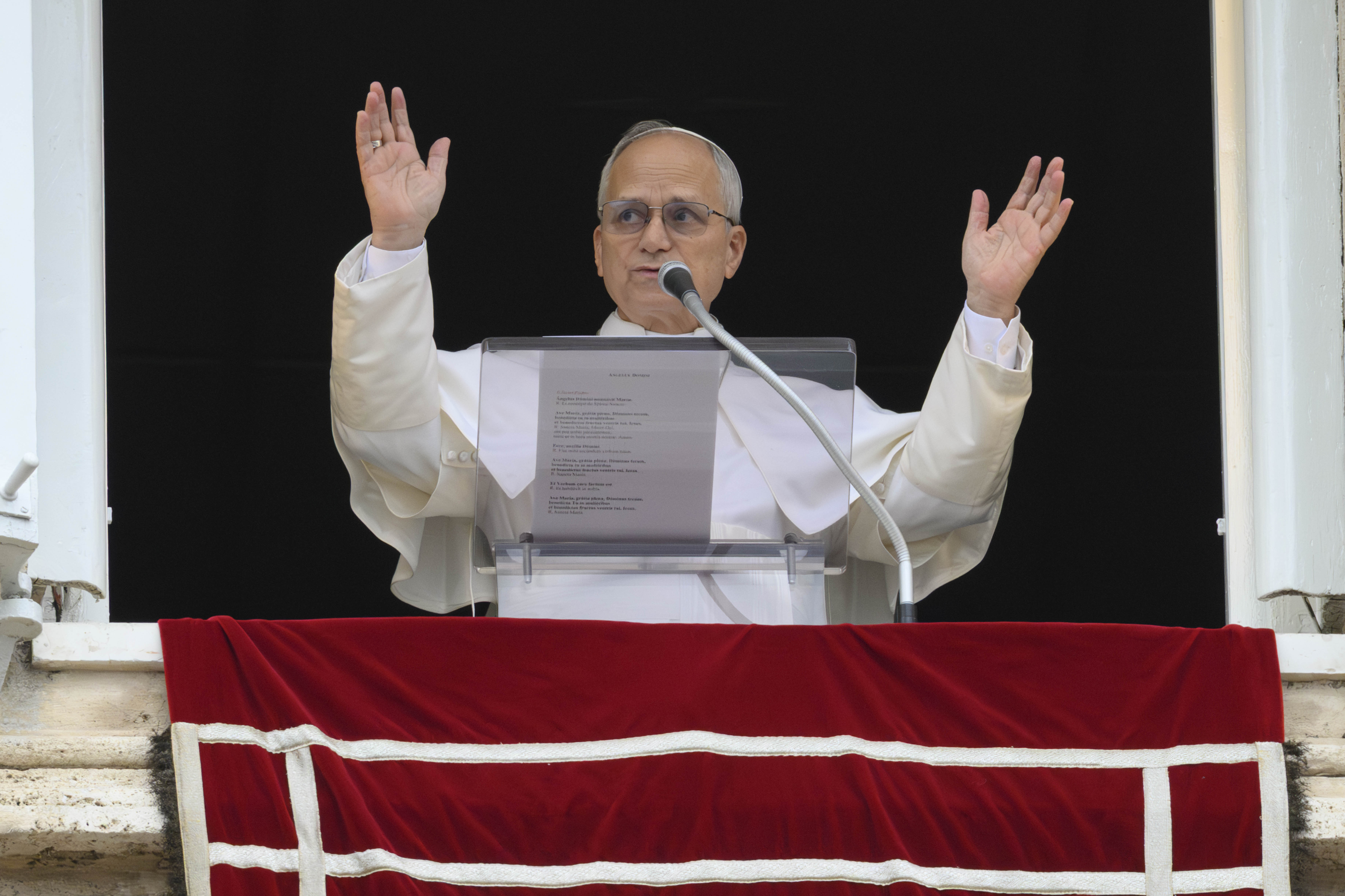Trump’s state visit must be more than ceremonious
Liam Byrne is chair of the Business & Trade Committee and a member of the U.K. Parliament.
U.S. President Donald Trump’s state visit to the U.K. is no mere pageant. It is a test of whether Britain and America can enlarge the future, or if they will remain trapped in a tariff battle that serves neither party well.
It was former Prime Minister Winston Churchill who warned in 1940:“If we open a quarrel between the past and the present, we shall find that we have lost the future.” This week, we must convince Trump that for all his unhappiness with America’s trade deals of yesterday, the future is the greater prize — and by working together, our countries can build a deeper partnership that helps keep the West safer, stronger and richer at a pivotal moment in world history.
Prime Minister Keir Starmer did extremely well to ensure Britain was the first to strike the new “General Terms of an Economic Prosperity Deal” with the U.S. But we have to be honest: We’re now trading with our largest trading partner on terms that are worse than those we enjoyed before Trump took office. Industry called it “the best deal we could have hoped for under the circumstances.” But that phrase tells its own story. It means the best under duress, relief without permanence, and access on terms that, in some cases, are less favorable than those granted to our European neighbors.
Even worse, uncertainty still gnaws at the future of our critical industries. Steel, aluminum and pharmaceuticals — all industries facing endless reviews — can’t plan investment against the specter of renewed tariffs. Boardrooms are hesitating; investors are holding back; jobs are hanging in the balance; and without clarity, capital may well migrate to safer harbors.
This is why this deal can’t stop where it stands. It must be driven forward toward strategic alignment and commercial certainty during this state visit.
The stakes are too high to deliver anything less — as was all too clear when Chinese President Xi Jinping gathered 20 world leaders to witness an extraordinary display of military and technology leadership in Tiananmen Square recently. We know that behind the tanks, troops, drones and hypersonic weaponry lies an invisible, formidable dark arsenal of AI capabilities — the armaments of tomorrow.
With stagecraft, steel and silicon, China is making its claim to leadership clear. And unless Britain and America act, the commanding heights of the global economy will tilt East.
This is the backdrop against which Trump’s visit must deliver. It is the moment to pivot from paper promises to strategic purpose and a binding bargain.
This new partnership has to be about more than tariffs. It must be about technology. As former Google CEO Eric Schmidt once said: “Technology is the power in superpower.” Britain and America have the building blocks for a formidable technology alliance: The U.S. boasts the world’s largest tech firms, deepest venture markets and broadest innovation ecosystem. Meanwhile, Britain is home to Europe’s most dynamic AI cluster, a world-leading life sciences base, universities of global caliber and the City of London’s unrivaled capital markets.

Alone, each is strong. Together, they could set the standards of the century.
Therefore, the task in London this week is two-fold: First, enlarge the future. That means binding our nations around joint missions in AI, clean energy, biotech and digital trade. It means creating shared standards for data, procurement, labor and regulation. It means linking our research, finance and industrial capacity, so that when the world writes its rules, it is our rules — and our values — that prevail.
Second, we must harness the promise of tomorrow to tackle the perils of protectionism today. Britain should press Trump to grant it the same terms as the EU in order to end the tariff uncertainty that still confronts our key industries, and provide the predictability investors require. Tariff relief alone isn’t enough; what matters is tariff parity — and the confidence it can unlock.
So, let us be clear. This visit isn’t about gilded dinners or ceremonial splendor — though that is what will capture the media’s attention. Rather, it is about whether Britain and America can summon the imagination to expand the future and the discipline to settle the past. If we succeed, we’ll not only close the tariff gap but anchor Western leadership in the technologies that matter most.
The lesson from history couldn’t be clearer: If we don’t shape the future, others will. And if technology is, indeed, “the power in superpower,” then only a U.S.-U.K. bargain, forged during this state visit, can safeguard Western leadership through tomorrow.




















:quality(85):upscale()/2023/09/18/918/n/1922398/a1136b676508baddc752f5.20098216_.jpg)
:quality(85):upscale()/2025/10/09/670/n/1922283/00b944c868e7cf4f7b79b3.95741067_.jpg)
:quality(85):upscale()/2025/10/15/765/n/1922398/29c37a6e68efd84bb02f35.49541188_.jpg)
:quality(85):upscale()/2025/09/09/891/n/1922283/7222624268c08ccba1c9a3.01436482_.png)
















